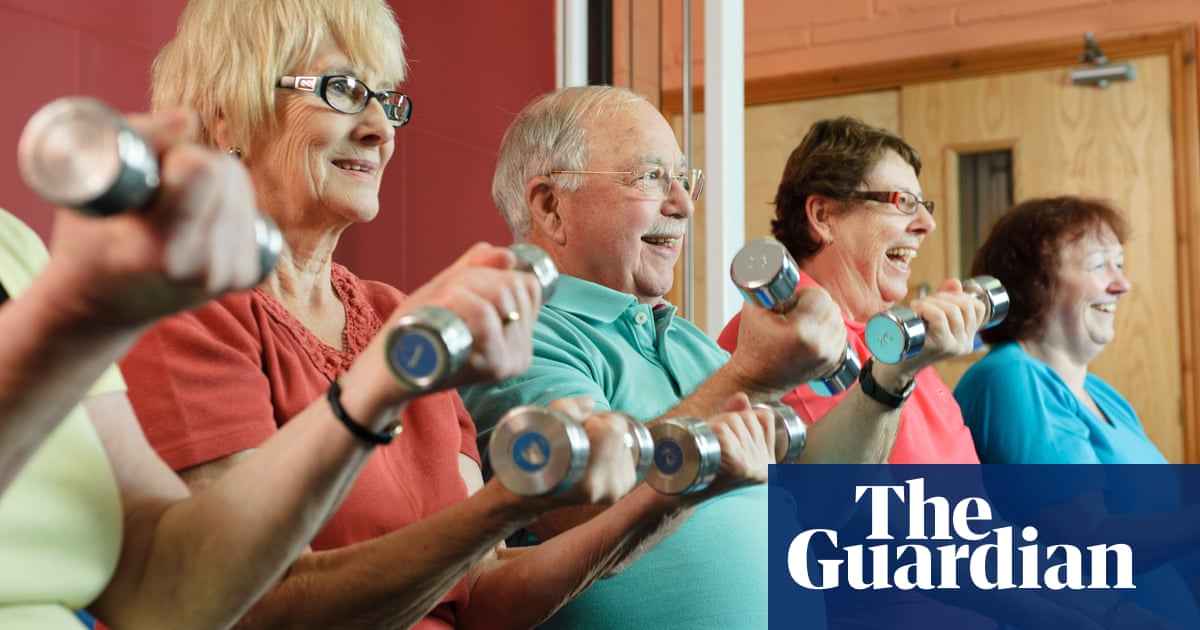- Joined
- Jul 18, 1998
- Messages
- 22,188
- Reaction score
- 45,716
Online
Houseflies may pose a larger risk to human health than commonly believed, according to scientists.
Research from the University of Massachusetts Amherst, US, published in theInsects journal, suggests that these insects could be carriers of disease-producing pathogens, which they transmit to humans through what is known as “fly vomit”.
Daily, flies will typically feed on a variety of foods including roadkill, animal faeces, food waste and other rubbish……

 www.independent.co.uk
www.independent.co.uk
Research from the University of Massachusetts Amherst, US, published in theInsects journal, suggests that these insects could be carriers of disease-producing pathogens, which they transmit to humans through what is known as “fly vomit”.
Daily, flies will typically feed on a variety of foods including roadkill, animal faeces, food waste and other rubbish……

Scientists say fly vomit may pose greater risk to humans than insect bites
Female flies pose a greater risk than male flies





